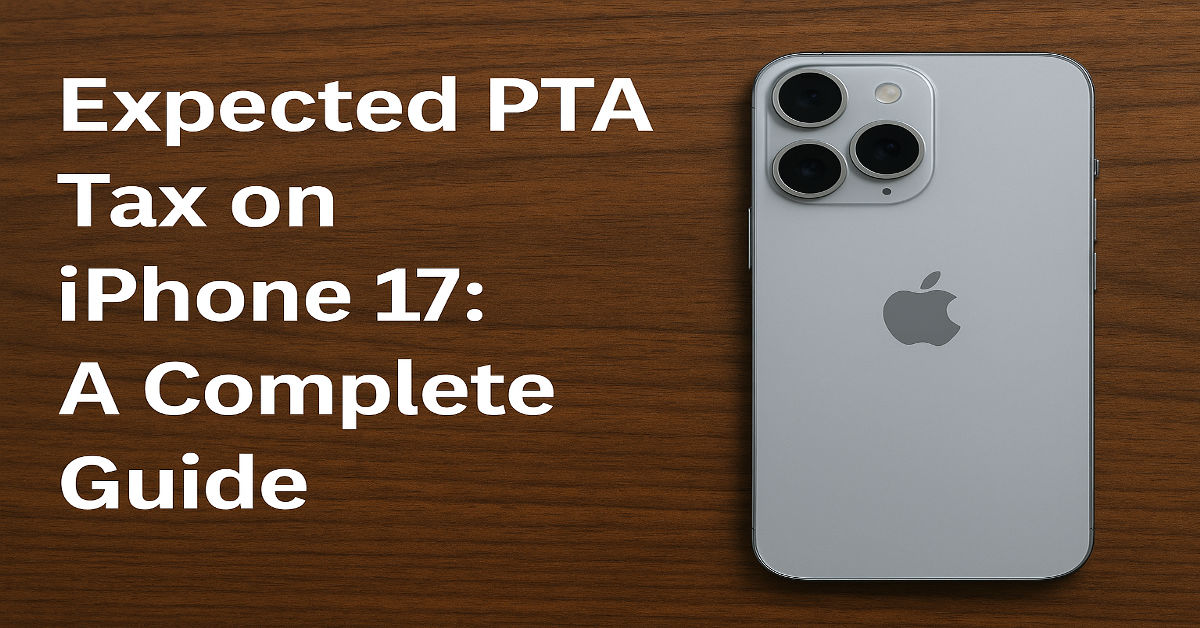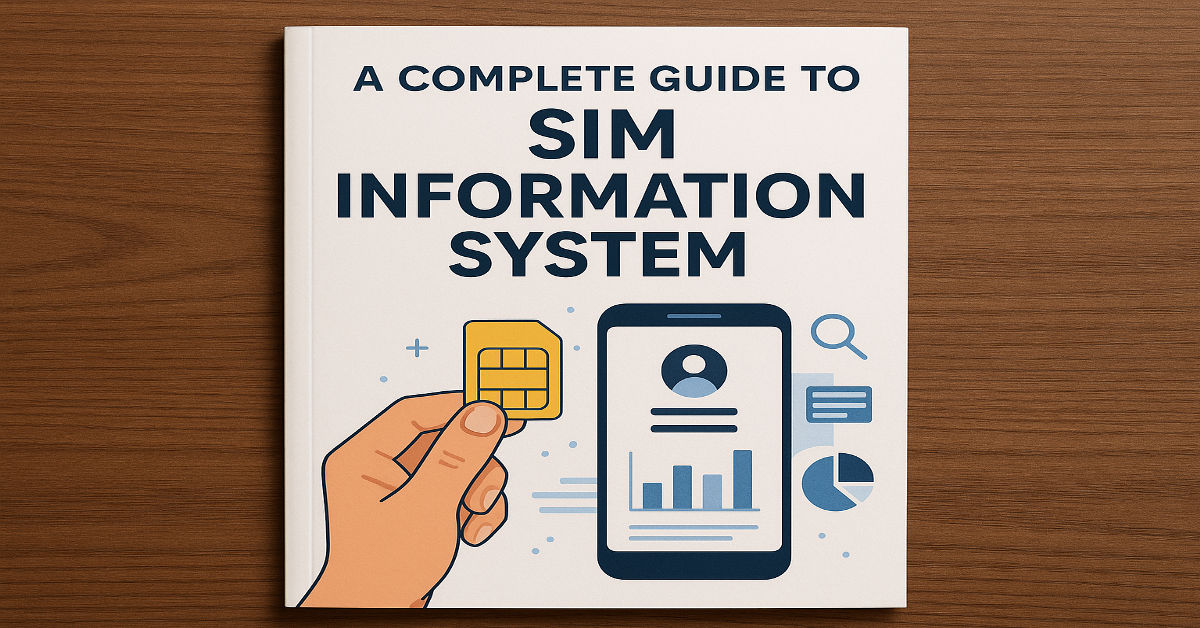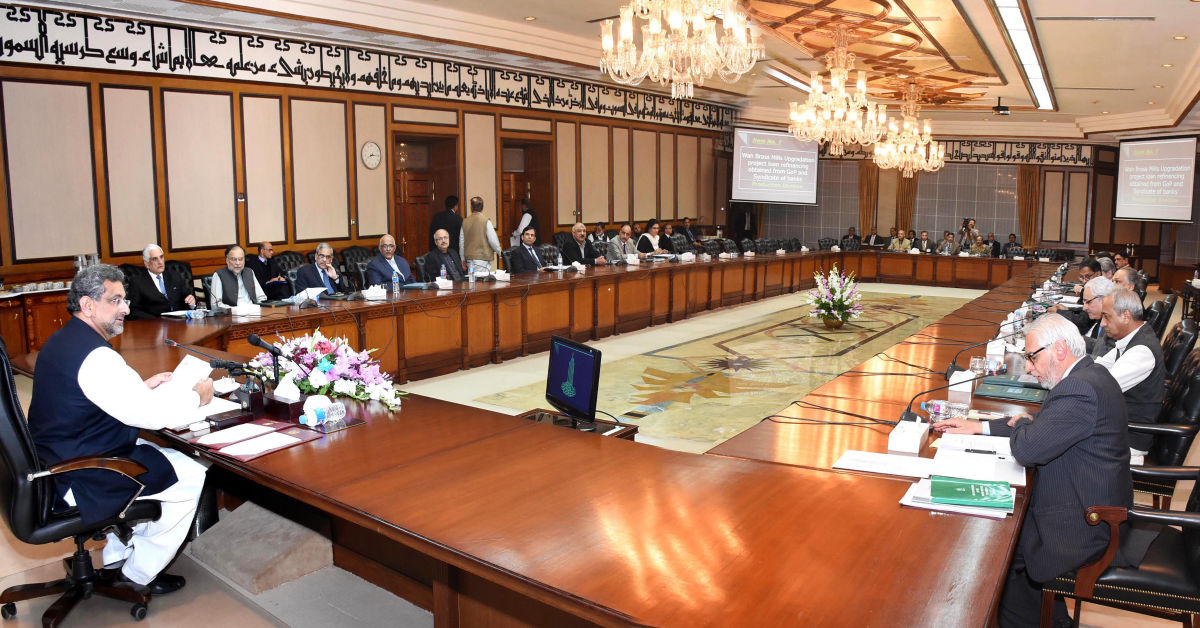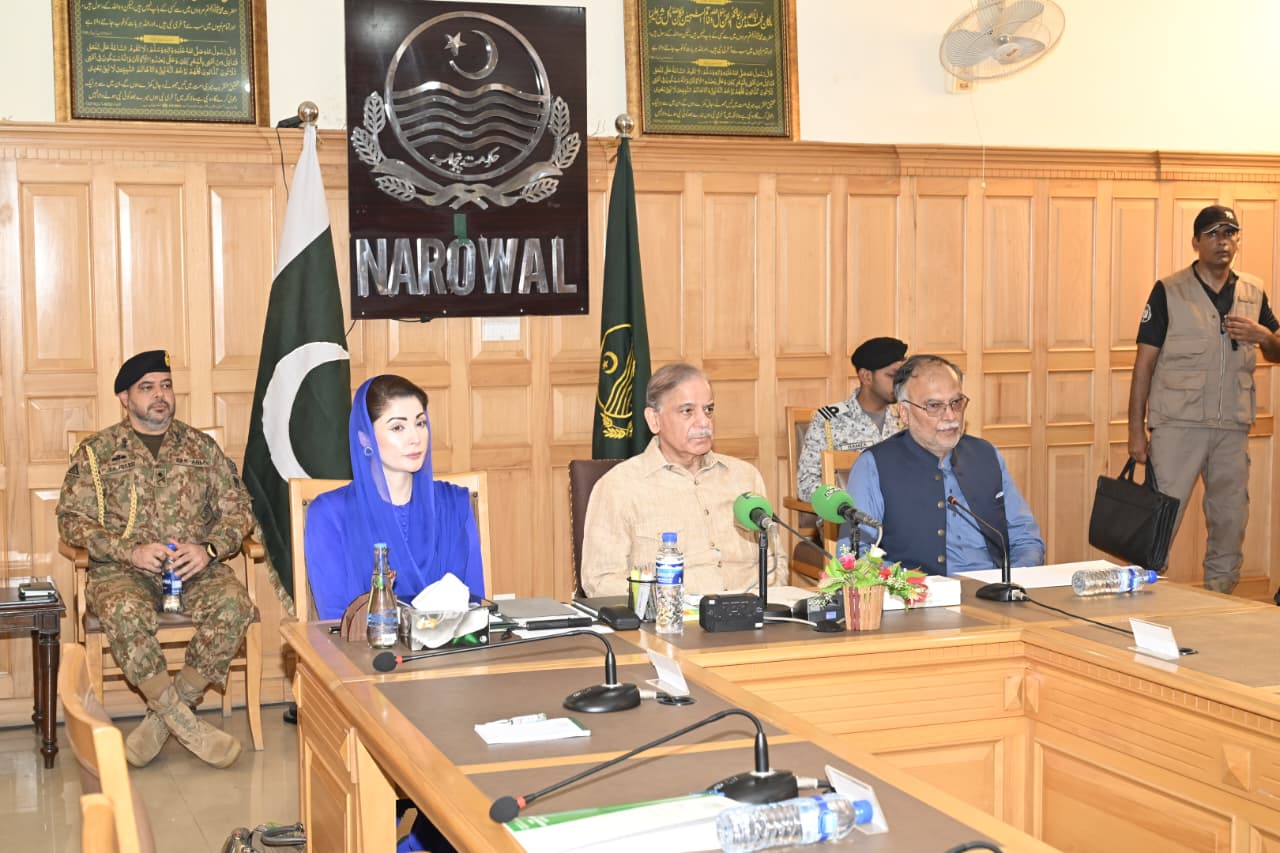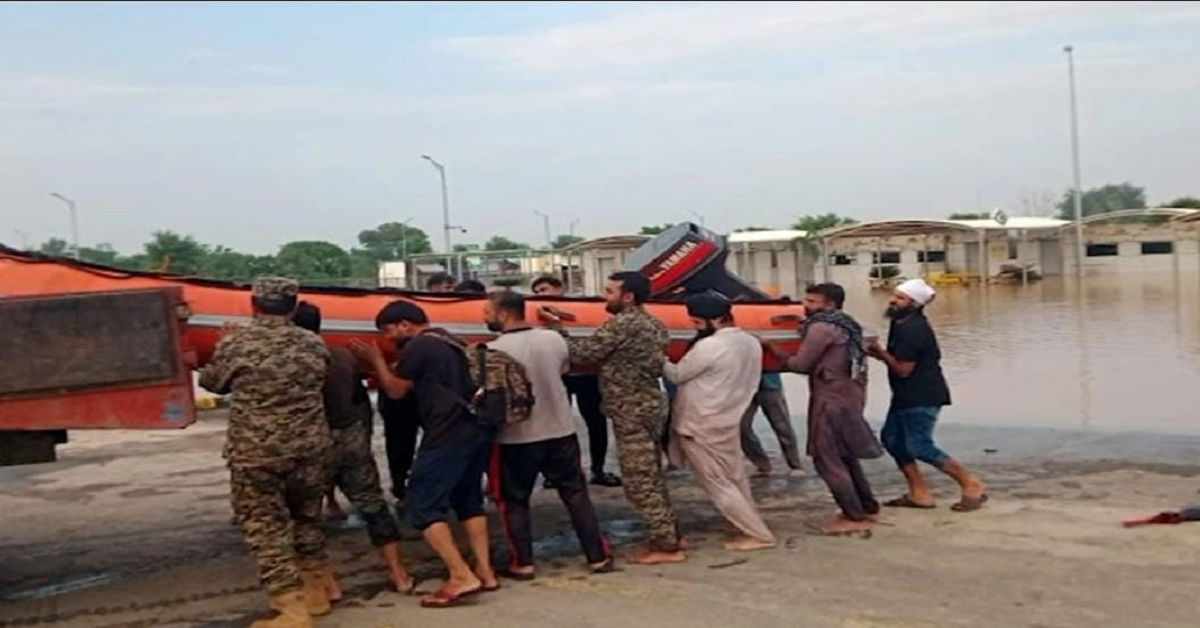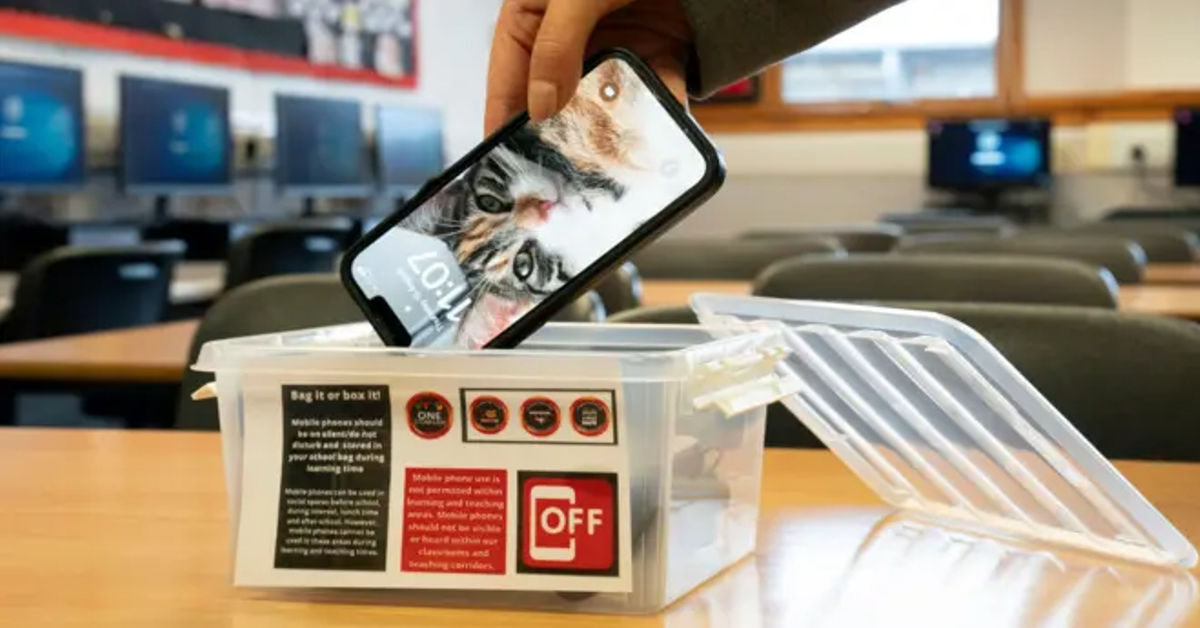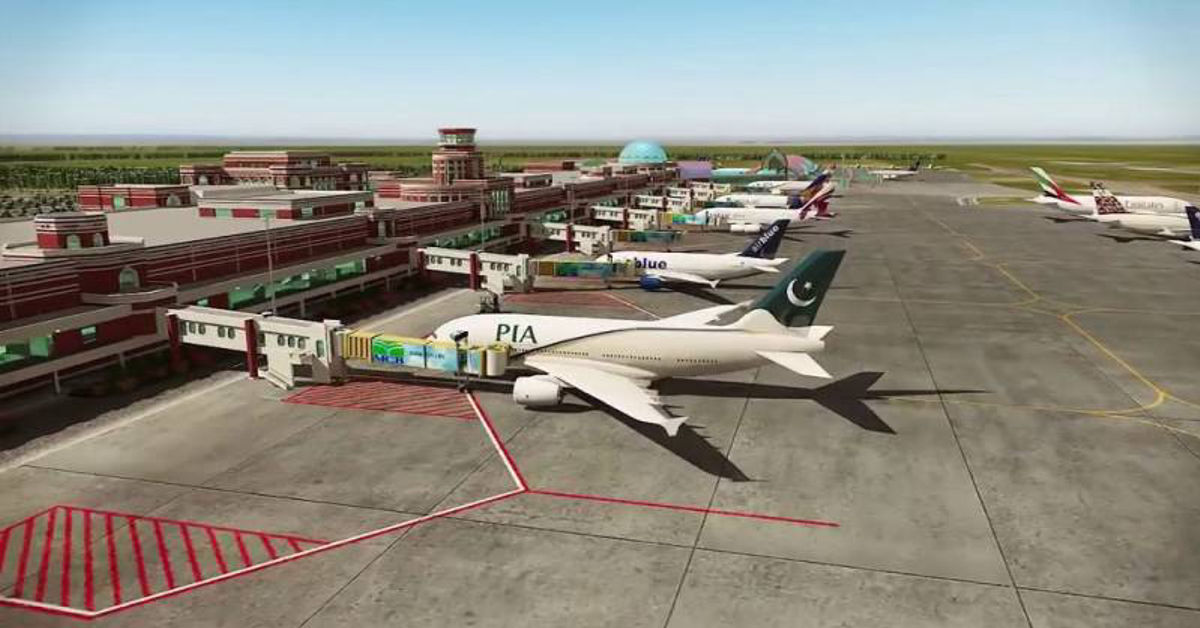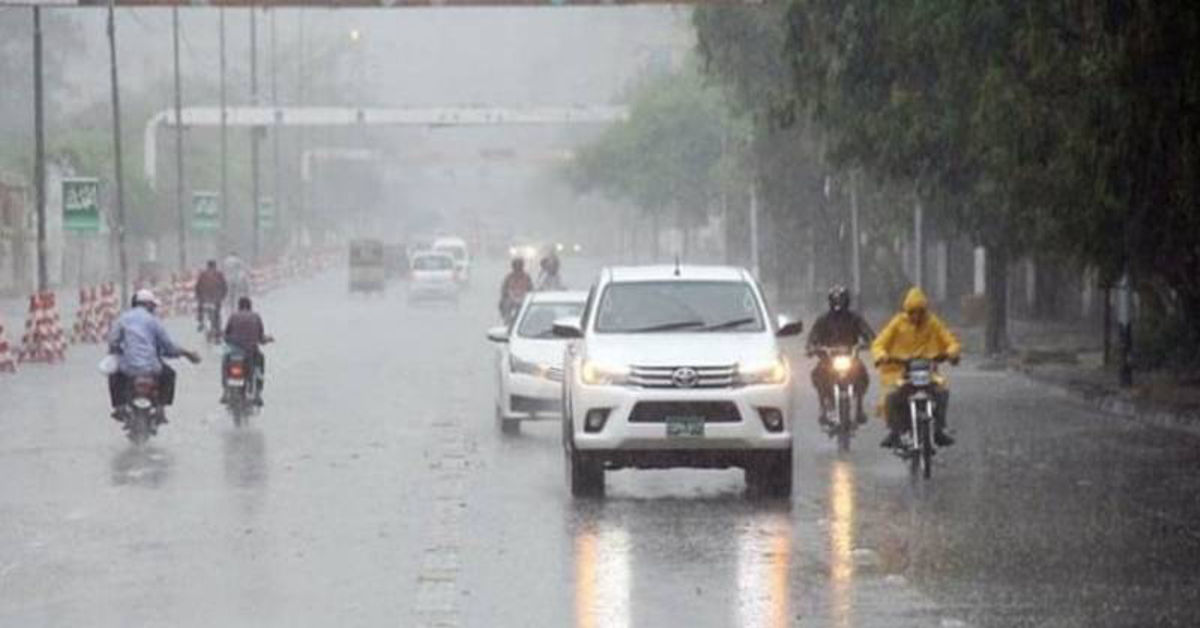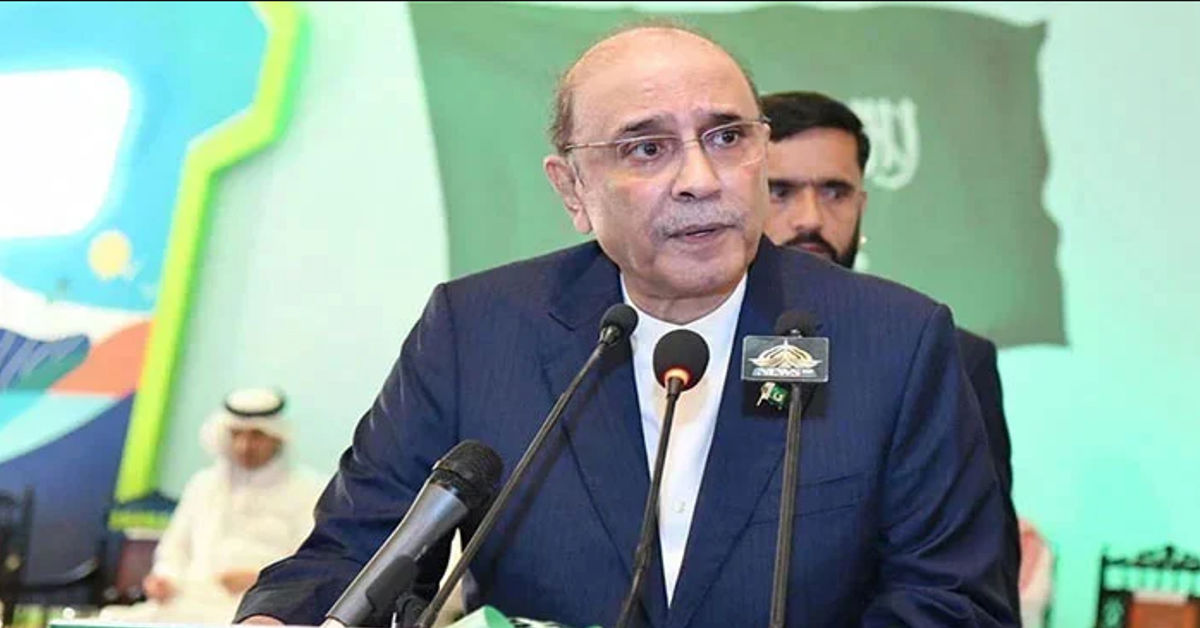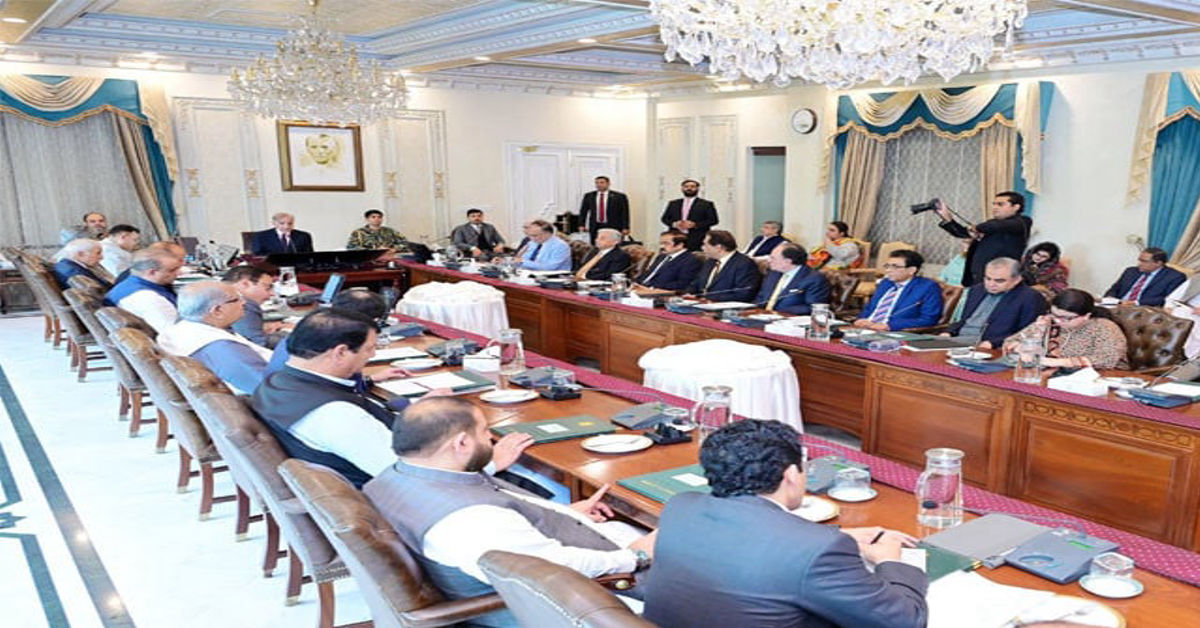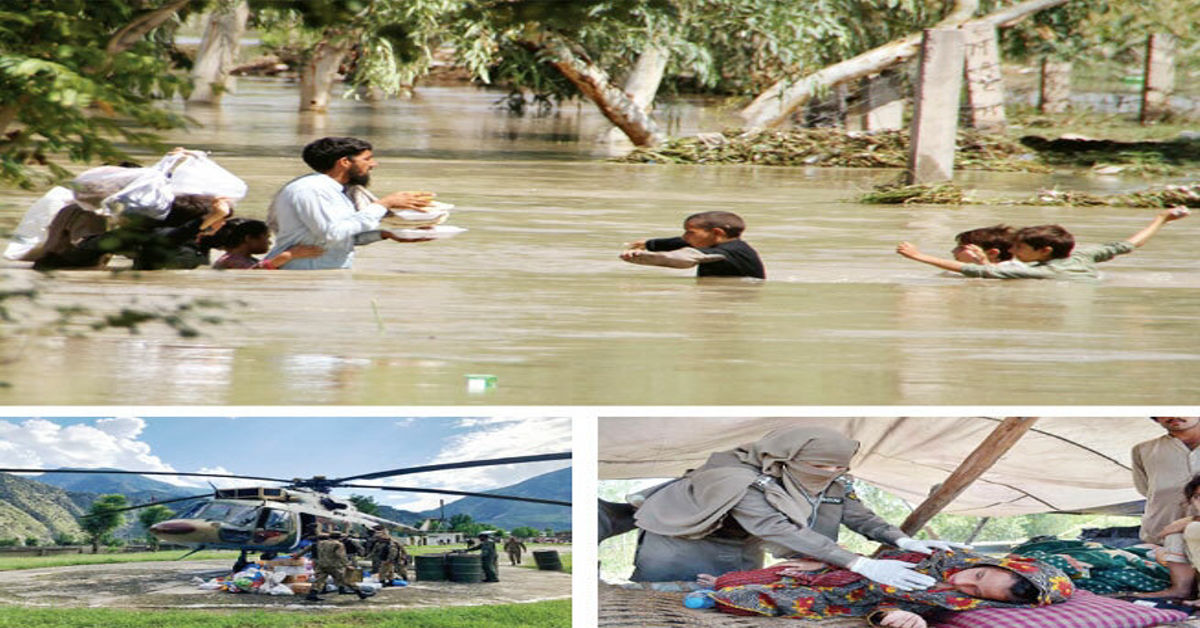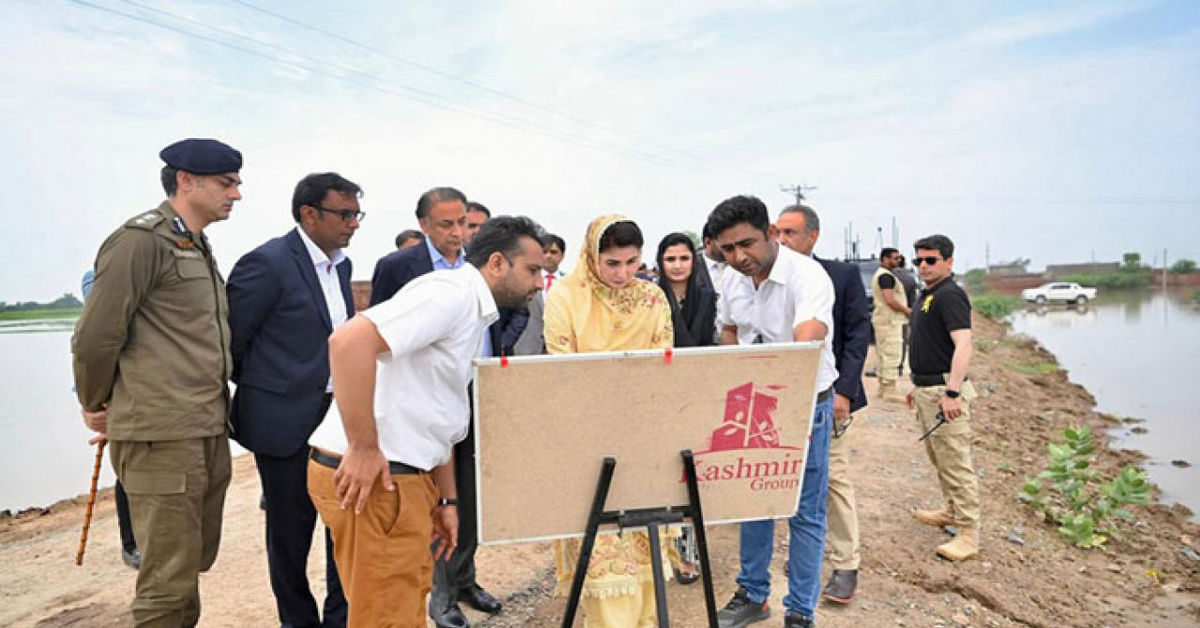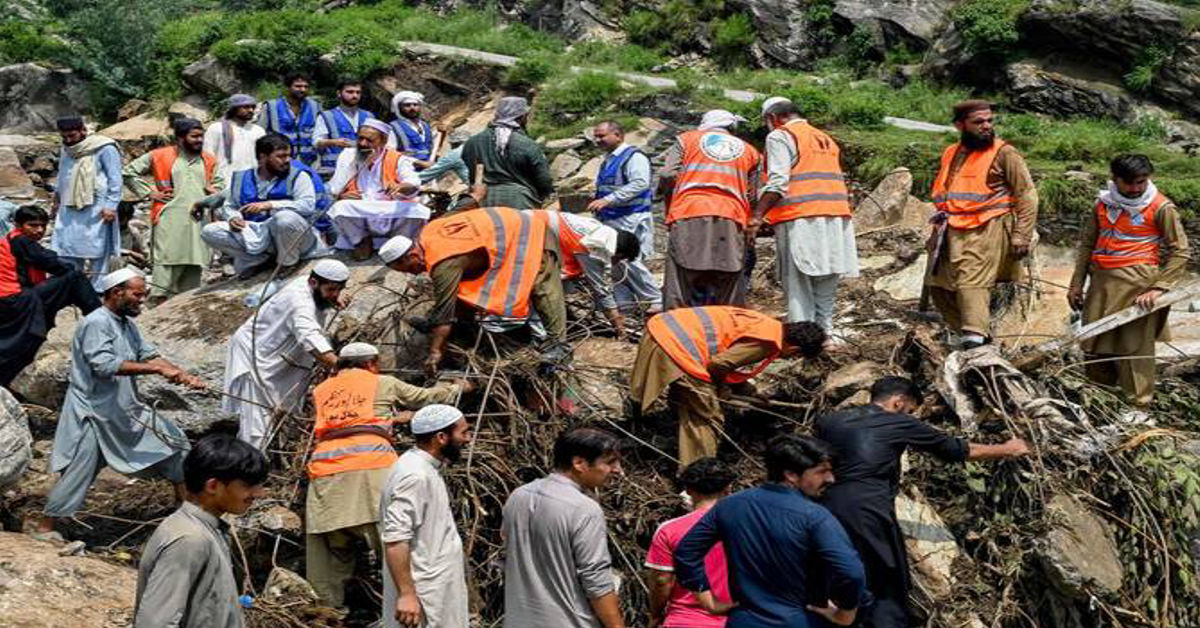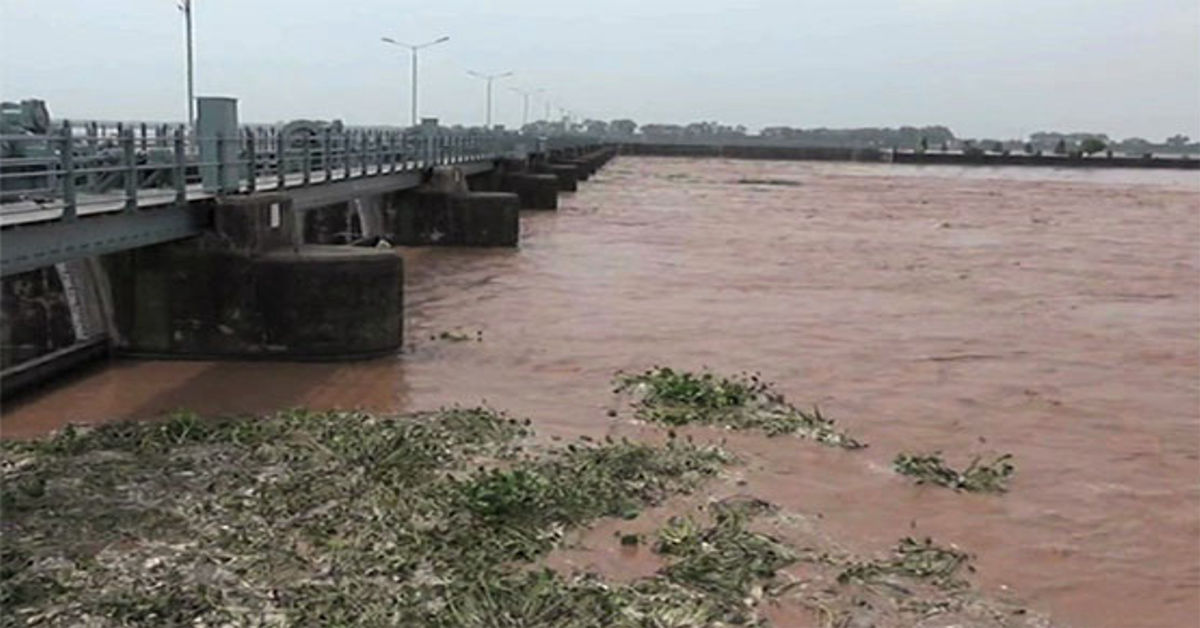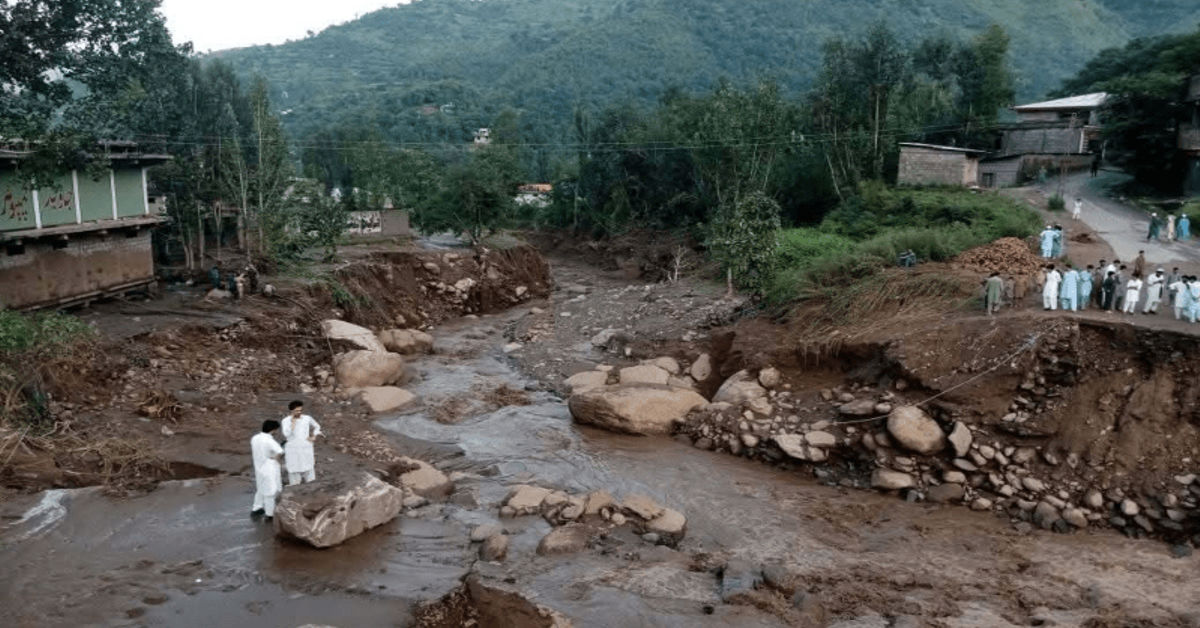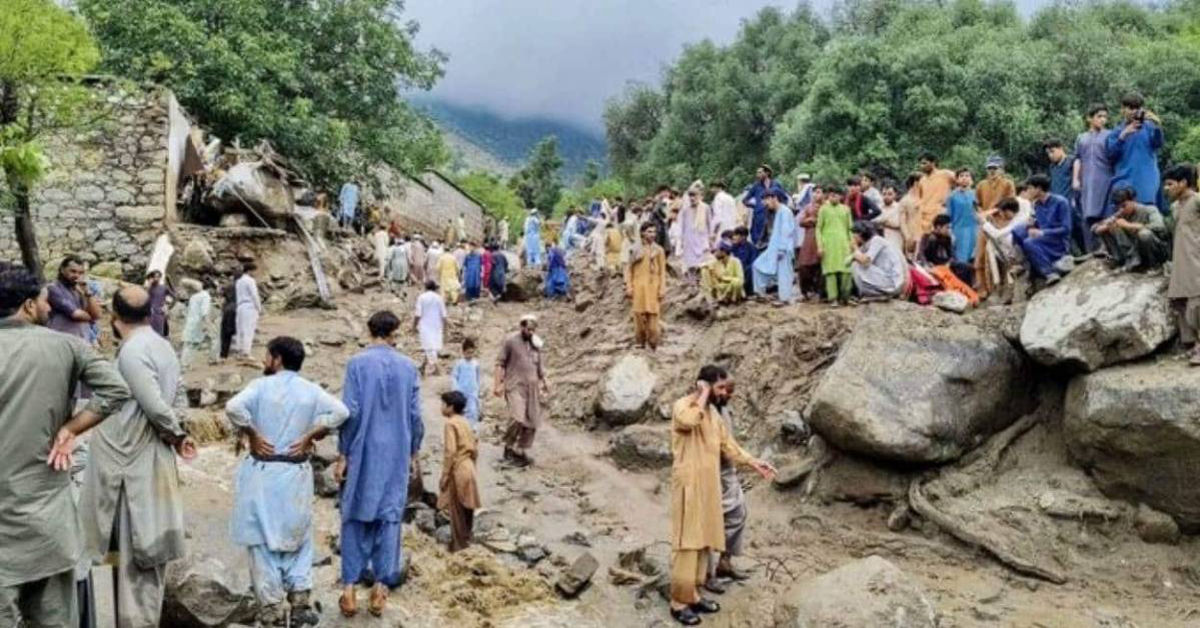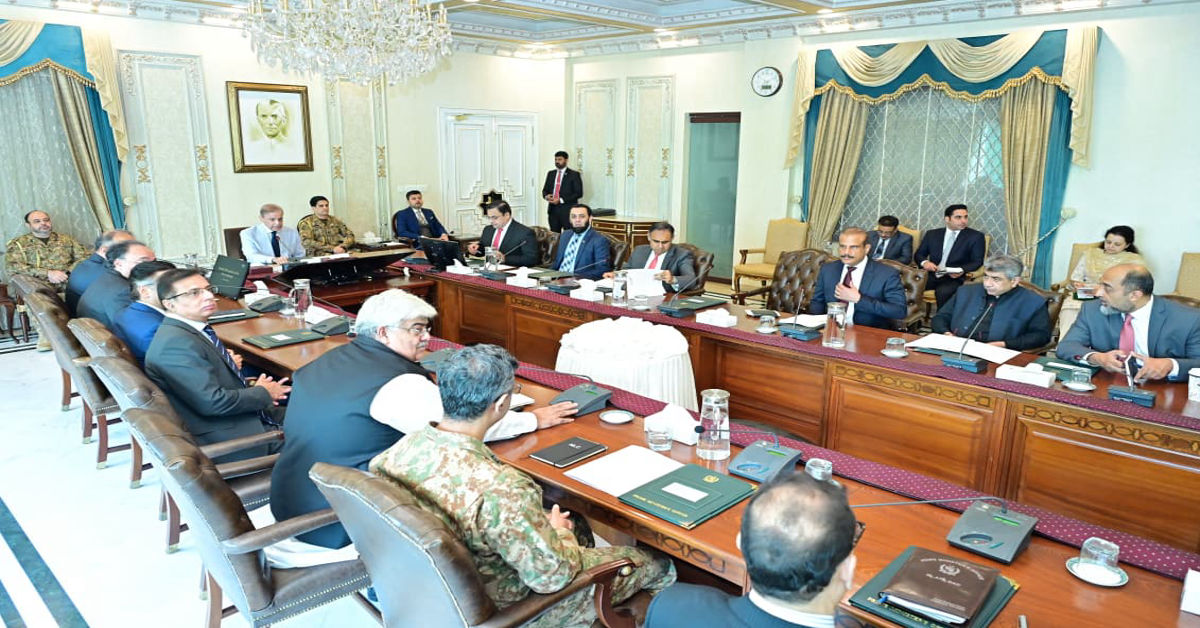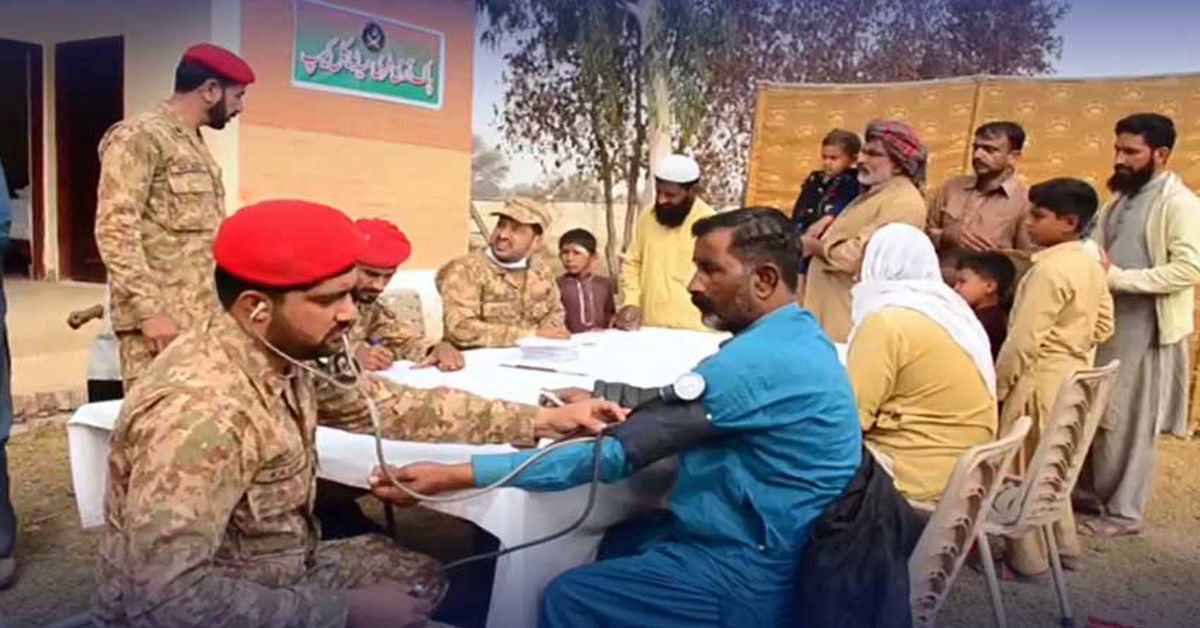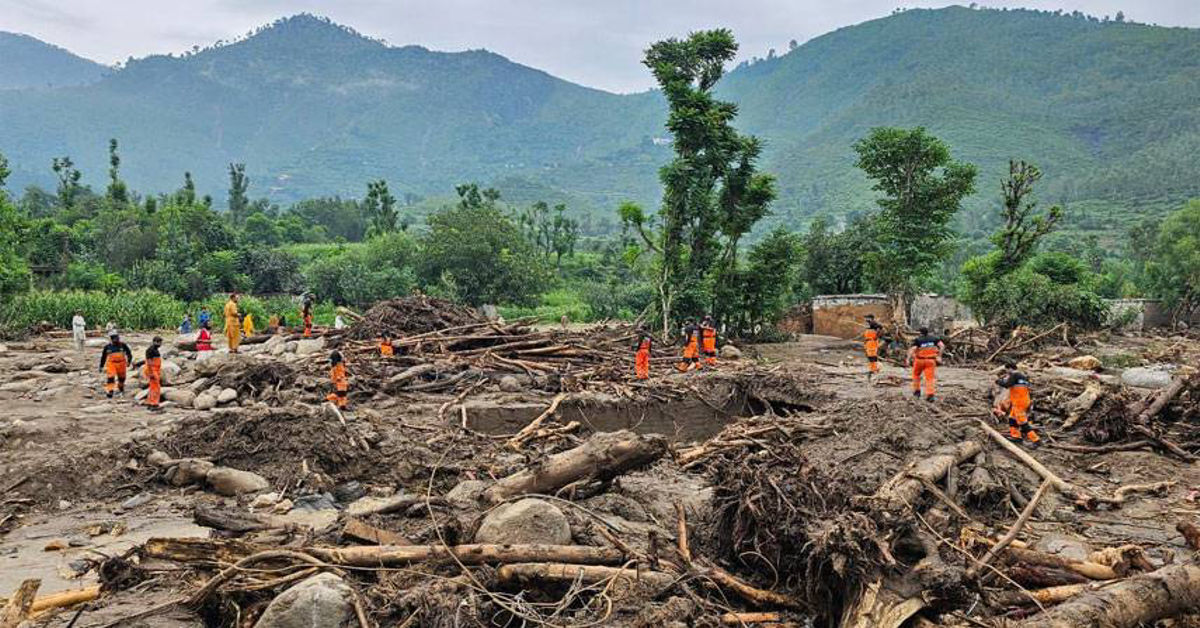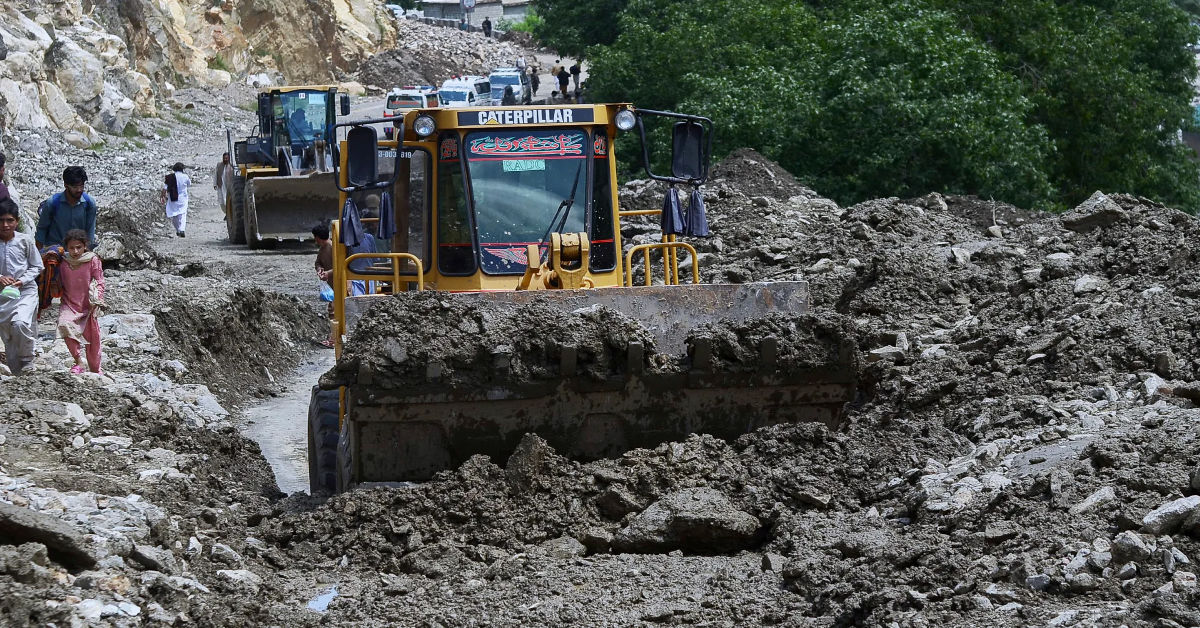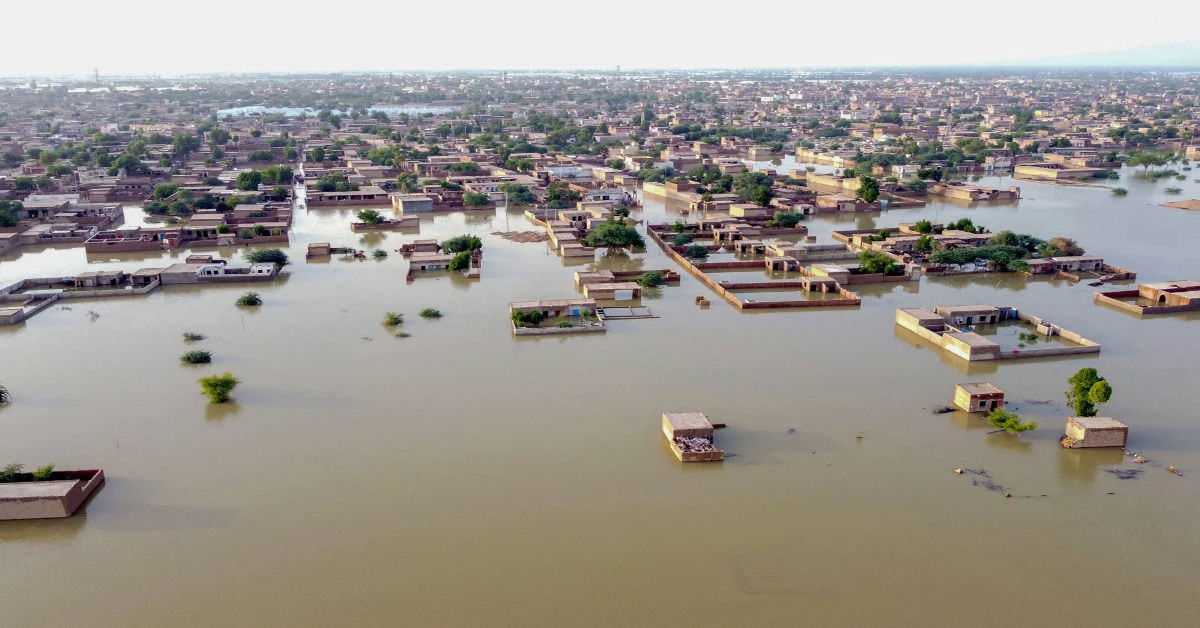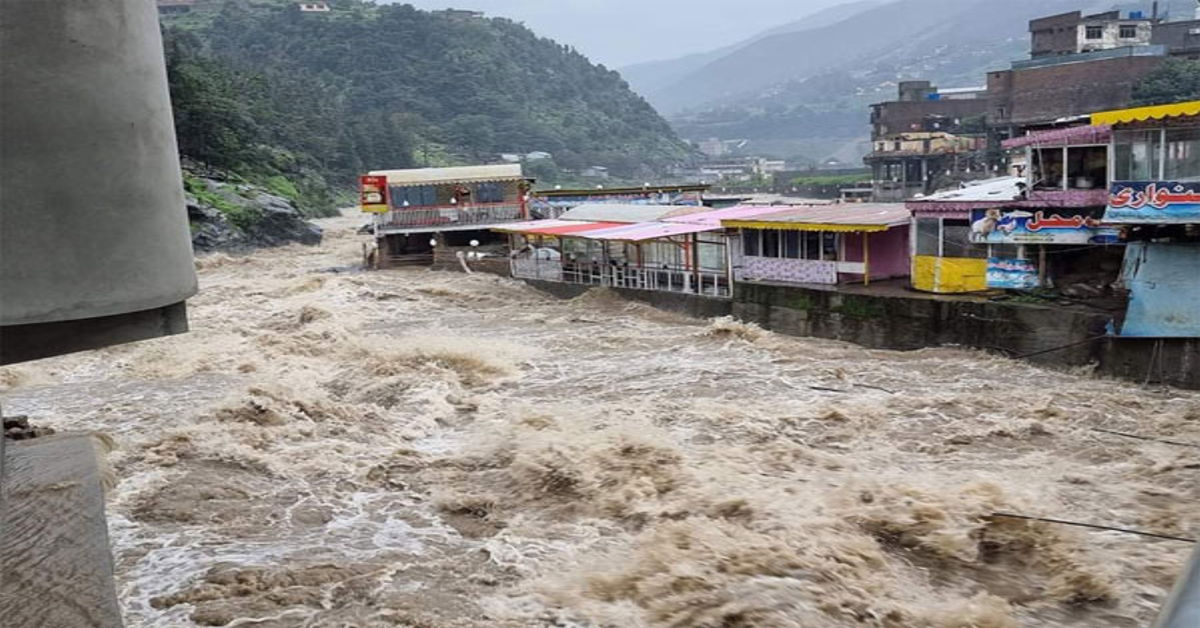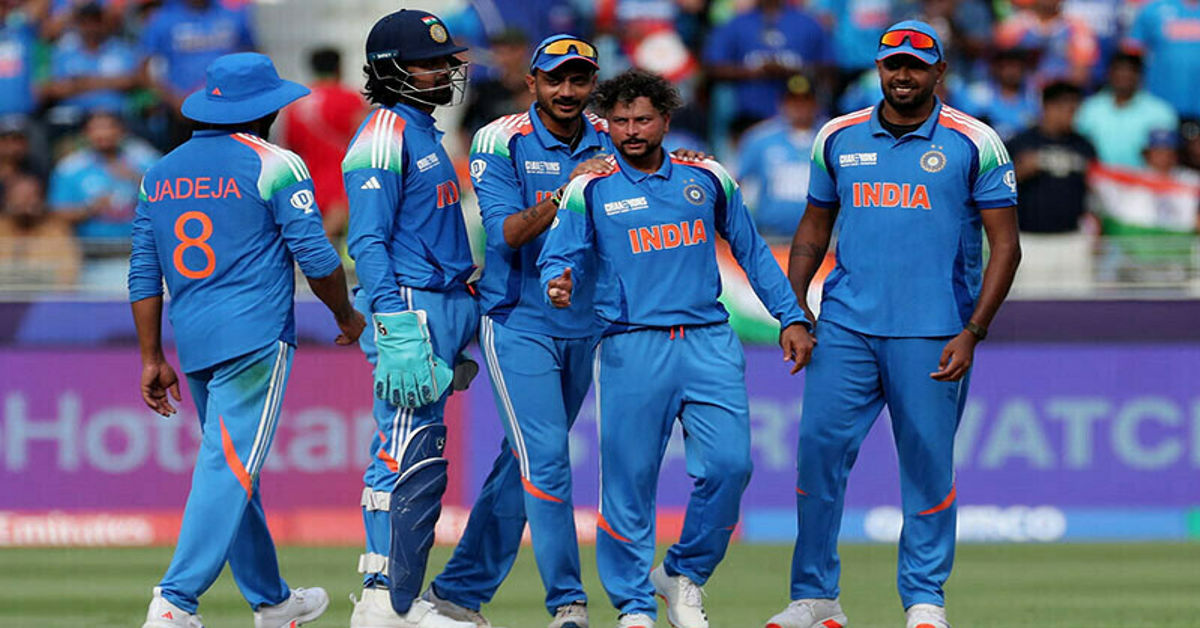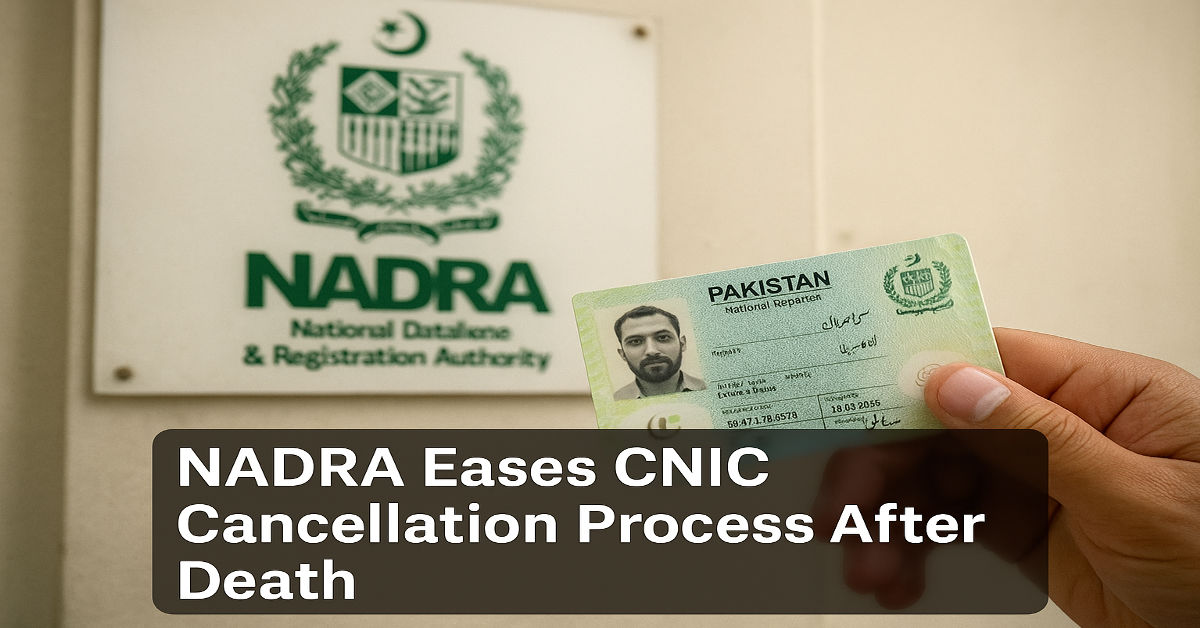
Dealing with the loss of a loved one is incredibly difficult, and the administrative tasks that follow can add an extra layer of stress. The latest national database and registration authority news (Nadra) brings a welcome change for families across Pakistan. NADRA has announced a significant update to its system, aiming to simplify the process of cancelling a Computerized National Identity Card (CNIC) after a person’s death. This initiative not only makes things easier for grieving families but also enhances the accuracy and integrity of the national citizen database.
This move is part of a broader effort to modernize civil registration and make essential services more accessible. Let’s explore what this change means for you and how it streamlines a previously complex procedure.
Simplifying a Difficult Process
Previously, cancelling a deceased person’s CNIC involved navigating bureaucratic hurdles, often requiring physical visits and paperwork. Recognizing this burden, NADRA has removed all fees associated with this service. The goal is to provide compassionate and efficient support to citizens during a challenging time. By digitizing and simplifying the procedure, the authority is taking a people-first approach to public service.
This update is designed to remove financial and logistical barriers. Families can now manage this necessary task without worrying about extra costs or complicated steps, allowing them to focus on what truly matters.
The Role of the Civil Registration Management System (CRMS)
At the heart of this new initiative is the enhanced Civil Registration Management System (CRMS). A pilot project, initially launched in three districts of Punjab, is set to revolutionize how vital life events like births, deaths, marriages, and divorces are recorded. This system is a key source of national database and registration authority news (NADRA) and highlights the push towards a digital Pakistan.
Through CRMS, a mobile application allows authorized personnel to register a death directly with the provincial system. This information is then shared in real-time with NADRA’s central database, creating a seamless flow of information between provincial and federal bodies. This integration is crucial for maintaining an up-to-date and accurate national registry.
How the New System Works
The updated process is straightforward. Once a death is officially registered with the local union council through the CRMS, the data is automatically synchronized with NADRA. A family member can then use the Pak ID mobile app to initiate the cancellation of the deceased’s CNIC.
This digital-first approach eliminates the need for multiple visits to government offices. It leverages technology to make the process quicker, more transparent, and accessible from the comfort of one’s home. The system is designed to be user-friendly, guiding the applicant through the necessary steps with clarity.
Ensuring Accuracy with Biometric Verification
To prevent fraud and ensure the integrity of the national database, NADRA has incorporated a crucial security measure: biometric verification. While the initial cancellation request can be made online, the final step requires confirmation from a direct family member.
When a close relative (such as a parent, sibling, spouse, or child) visits a NADRA center for any personal service, they will be prompted to provide biometric verification to finalize the cancellation of their deceased relative’s CNIC. This step confirms the death certificate’s authenticity and ensures that the national records are updated correctly. This verification helps protect against identity theft and misuse of official documents.
Nationwide Expansion and Future Plans
The success of the pilot project in Punjab has paved the way for a nationwide rollout. NADRA plans to expand the CRMS integration across all provinces in the coming weeks. This expansion will standardize the death registration and CNIC cancellation process throughout Pakistan, making it a consistent experience for all citizens. This is positive national database and registration authority news (NADRA) for everyone.
The long-term vision is to create a fully integrated digital ecosystem where all vital events are registered and updated in real-time. This will not only improve public service delivery but also provide accurate data for national planning and resource allocation. The authority is also working on equipping provincial systems with biometric devices to further secure the registration process.
Benefits for Citizens and the Government
This new system offers numerous advantages. For citizens, it means less stress, no fees, and a much faster process. It respects the difficult circumstances faced by grieving families by offering a compassionate and efficient solution.
For the government, the benefits are equally significant. An accurate and up-to-date national database is essential for effective governance. It prevents the misuse of deceased individuals’ identities, cleans up voter lists, and ensures that social welfare programs reach the intended recipients. This initiative enhances transparency and strengthens the reliability of Pakistan’s foundational database.
A Step Towards a Digital Pakistan
This initiative is a significant milestone in Pakistan’s journey towards digital transformation. By leveraging technology to solve everyday problems for citizens, NADRA is setting a new standard for public service. This focus on user-centric design and digital integration reflects a modern approach to governance.
The move shows a commitment to making government services more accessible, transparent, and efficient for everyone. It is a practical example of how technology can be used to improve the lives of ordinary people and build a more responsive state.
Conclusion
The latest national database and registration authority news (NADRA) marks a compassionate and forward-thinking change. By eliminating fees and digitizing the CNIC cancellation process for deceased individuals, NADRA is easing the burden on grieving families. This initiative, powered by the integrated Civil Registration Management System (CRMS) and secured by biometric verification, enhances the accuracy of the national database while providing a more humane service. As this system expands nationwide, it will stand as a key achievement in Pakistan’s digital journey, making administrative processes simpler and more accessible for all.
Frequently Asked Questions (FAQs)
1. Is there a fee for cancelling a deceased person’s CNIC?
No, NADRA has completely waived all fees for cancelling the CNIC of a deceased individual. The service is now free of charge.
2. Can I cancel the CNIC online?
Yes, you can initiate the cancellation process through the Pak ID mobile app after the death has been registered with the local union council via the CRMS.
3. Is biometric verification required?
Yes. To finalize the cancellation and ensure security, a direct family member must provide biometric verification during a visit to a NADRA center for any of their own services.
4. Who is considered a “direct family member” for verification?
Direct family members typically include parents, spouse, children, and siblings of the deceased person.
5. Is this service available across Pakistan?
The system was launched as a pilot project in parts of Punjab and is currently being expanded nationwide. It is expected to be available across all provinces in the near future.






